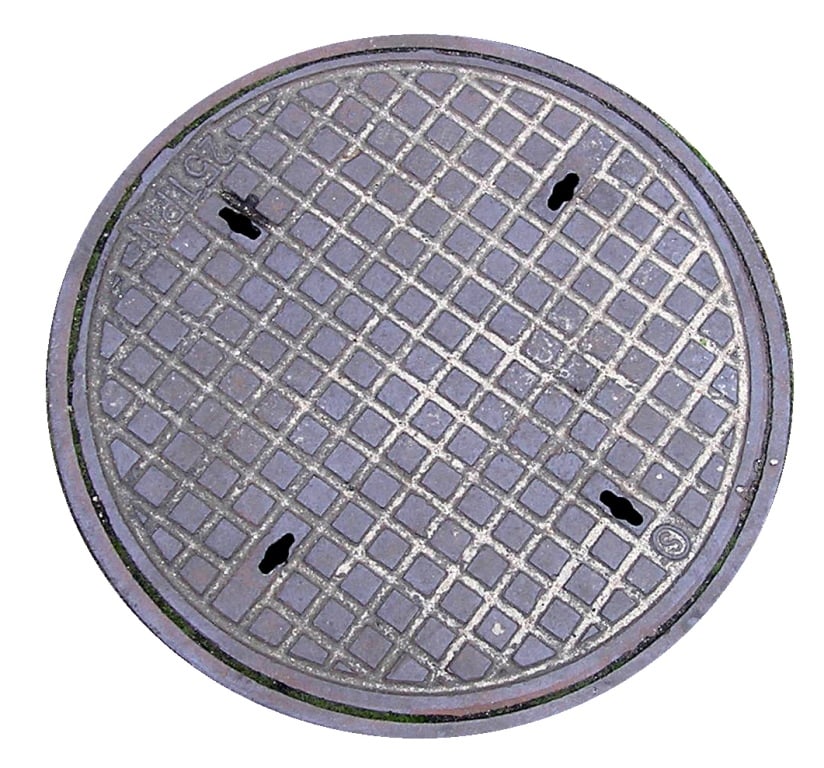
Every incoming batch of politicians in Punjab, ritualistically endeavours to take Lahore one step closer to becoming the carbon copy of a European city center yet, in this rat race for gaining legitimacy rarely does any incumbent government halt to assess and strategically plan out the progress of new construction work in the provincial capital, where the haphazardness of infrastructural development is evident in the deplorable condition of major road networks.
The state of connective infrastructure in the cultural capital of the country is the prime example of what happens when the government refuses to comprehensively gauge the feasibility of proposed construction work.
In Lahore, where a lack of master planning for development projects has created a plethora of dilapidation issues across major avenues in the city, daily commuters and locals residing in sinkhole-prone areas have to constantly endure incessant gridlocks while persistently battling the fear of suddenly falling into one.
Muhammad Osama, a resident of Johar Town, where eight to ten feet deep sinkholes are a common sight after every monsoon season, confirmed that as in previous years, large potholes had appeared on the roads surrounding the LDA office and the Shaukat Khanum Memorial Hospital.
"Even when WASA and LDA make immediate efforts to address these issues, in the aftermath of the monsoon rains, the roads start deteriorating," said Osama.
Similarly, Amina, a resident of the Gawalmandi area, also revealed that large potholes developed on the roads surrounding her area every year after the monsoon rains. "Our worries have now reached a point, where we constantly live with the fear that some indentation in the road might cause our entire houses to collapse," bemoaned Amina.
Over the past three years, large cracks have appeared on roads at more than a dozen locations, including Gawalmandi, Samanabad, Muslim Town, Ichhra, and Shadbagh, with the majority occurring at Johar Town, where a massive sinkhole pulled in a vehicle carrying a woman and her child, both of whom were injured.
"Therefore, it is commonly seen that whenever there is a pit on a road, people immediately help themselves by putting up brick barricades so that such accidents can be prevented," revealed an official from Rescue 1122.
According to Muhammad Zahid, a town planning expert, the sewage lines in the city were very old. "When the water levels in the sewage lines drops, a toxic gas called hydrogen sulfide is produced. In many areas of Lahore, pipes that have been in place for 50 to 70 years often break, making timely planning and replacement essential. Furthermore, in areas like Abbott Road and McLeod Road, brick pipes are used in the drainage network, which aggravates their damage," said Zahid.
Despite the Punjab government spending billions of rupees on developmental projects, a lack of coordination between the Lahore Development
Authority (LDA), Water and Sanitation Agency (WASA), and the Lahore Metropolitan Corporation, have only meant that the metropolitan hub continues to face issues of road and sewage disrepair. Soil tests, proper mapping, and consideration of future construction, is essential to prevent the backfiring of developmental work yet all of this is ignored in the government's urgency to check mark lists of new constructions.
"Proper coordination among departments is essential for master planning and development in the city. In areas where roads are constructed, it is also necessary to address the underground voids to fill the gaps created by soil erosion due to underground water during rainy days.
There have been complaints of major cracks in the Johar Town area, which have been promptly addressed while the entire sewage line is also being replaced to prevent damage to the sewage pipelines due to rainwater. The government has approved billions of rupees in funds for this purpose in the current fiscal year," asserted Ghufran Ahmed, Managing Director of the Water and Sanitation Agency (WASA).

1718122402-0/will-ferrel-(1)1718122402-0-405x300.webp)


1726819153-0/BeFunky-collage-(18)1726819153-0-165x106.webp)



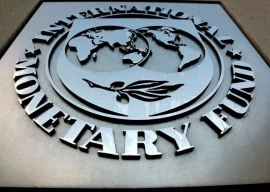
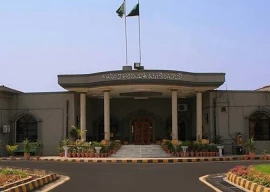
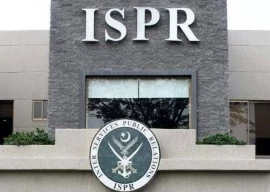
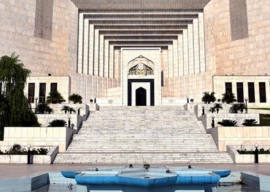






COMMENTS
Comments are moderated and generally will be posted if they are on-topic and not abusive.
For more information, please see our Comments FAQ